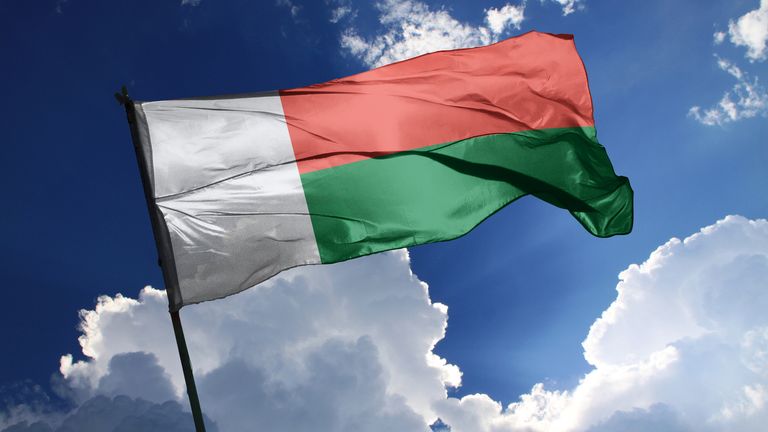In a bid to combat the alarming rise in cases of child rape, the parliament of Madagascar has passed a groundbreaking but contentious law that could see perpetrators facing surgical or chemical castration. The proposed law targets those who commit the heinous crime of raping children under the age of 13, with surgical castration being the recommended punishment. For offenders who assault children aged 14 to 17, chemical castration is being considered as an alternative measure. These penalties would be in addition to existing sentences, which could extend up to life imprisonment.
Chemical Castration involves the use of medication to suppress a person’s sex drive or sexual urges where drugs/chemicals are administered either through injection or orally. They work by blocking the production or action of testosterone.
Surgical Castration (orchidectomy) entails the permanent removal of the testicles. Surgical castration results in a permanent reduction in sex drive and the ability to engage in sexual activity.
The move comes in response to a disturbing surge in incidents of child defilement across the country, raising concerns among citizens and authorities alike. Proponents of the law argue that such severe measures are necessary to discourage potential offenders and protect the most vulnerable members of society – our children. They view castration as a means of preventing repeat offenses and ensuring justice for victims who have suffered immeasurable trauma.
However, the proposal has ignited fierce debate, drawing criticism from various quarters, including human rights organizations like Amnesty International. Critics argue that such punishment constitutes a form of inhuman and degrading treatment, violating fundamental human rights principles. They raise concerns about the potential for abuse and the lack of evidence to support the effectiveness of castration as a deterrent.
The fate of the law now rests in the hands of the President who must decide whether to approve or reject it. The decision is fraught with ethical considerations and has far-reaching implications for the country’s legal system and its approach to addressing sexual violence.
While the intention behind the law – to protect children and punish perpetrators – is undoubtedly commendable, its implementation raises complex ethical and practical questions. Can such severe measures truly prevent future crimes, or do they risk perpetuating cycles of violence and injustice? How can we balance the imperative of justice with respect for human dignity and rights?
As Madagascar awaits the president’s decision, the debate surrounding this controversial law underscores the urgent need for comprehensive strategies to address the root causes of sexual violence and safeguard the well-being of children. It is a sobering reminder of the challenges we face as a society in confronting such pervasive and deeply troubling issues.

